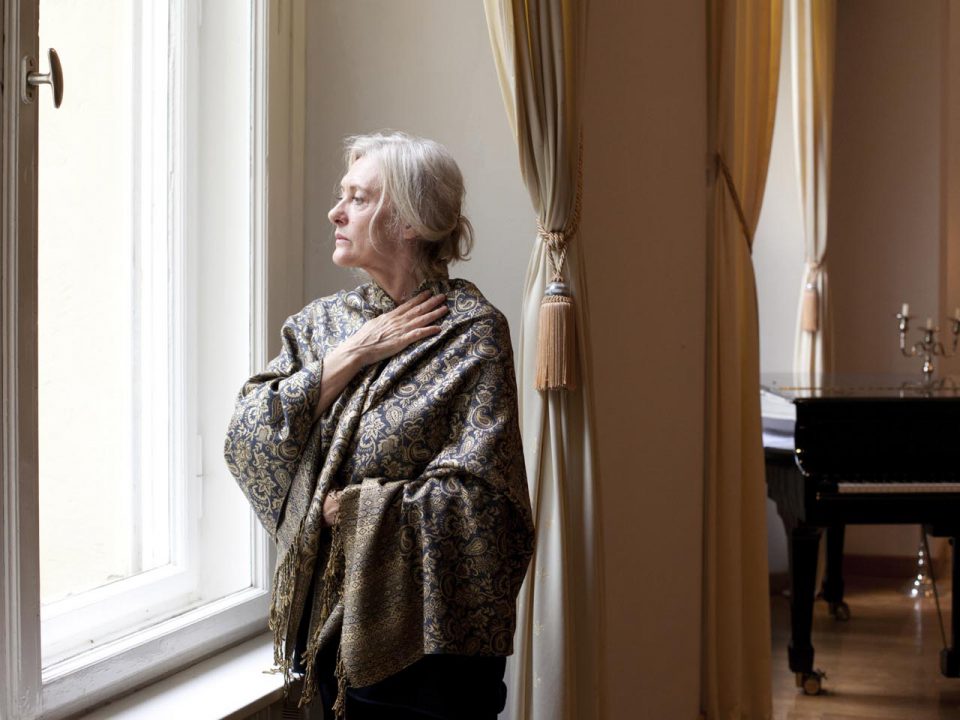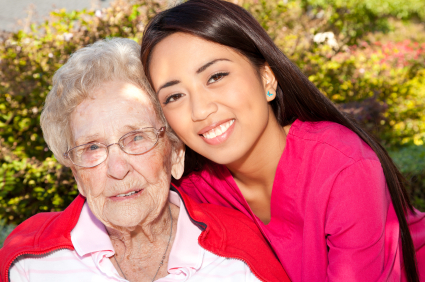Home Care Blog
The Fight Against Alzheimer’s Disease
 New Hampshire has been gearing up for the 2012 Alzheimer’s Association “Walk to End Alzheimer’s” and the events are underway! MAS Home Care of New Hampshire will be participating in the 2012 Walk to End Alzheimer’s Central New Hampshire Walk in Manchester, NH on Saturday, 9/22.
New Hampshire has been gearing up for the 2012 Alzheimer’s Association “Walk to End Alzheimer’s” and the events are underway! MAS Home Care of New Hampshire will be participating in the 2012 Walk to End Alzheimer’s Central New Hampshire Walk in Manchester, NH on Saturday, 9/22.
Walks and events across New England will continue until October 6th. During this nationwide event, more than 600 communities raise awareness and funds to support Alzheimer’s care and research.
Alzheimer’s disease affects 5.4 million Americans nationwide. It is the sixth leading cause of death in the United States, and unfortunately has no cure and cannot be prevented. The disease is the most common type of dementia. It causes loss of memory, thinking abilities, and alters the victim’s behavior. Over time the condition worsens and in the late stages leaves the patient unable to communicate clearly and respond to their environment.
It is estimated that 800,000 Alzheimer’s victims live alone. This can drastically increase the risk of dangers such as malnutrition, injury, and inadequate care. Due to the nature of the disease, it is important that Alzheimer’s patients have the proper care and supervision, especially as the disease progresses. While researchers and scientists are working hard to find a cure, dedicated family members and friends are acting as caregivers for their loved ones in the meantime. When they can’t be there around the clock, who can they count on? Personal Care Service Providers and LNAs from MAS Home Care provide New Hampshire Alzheimer’s care across the state with gentle hearts and hands.
MAS Home Care is supporting the fight against Alzheimer’s disease and so can you. By clicking on the Walk to End Alzheimer’s logo in this post or on our homepage, you can donate or find out more information about joining a team.
If you know an individual providing New Hampshire dementia care that could use extra support, or you have a friend or family member diagnosed with Alzheimer’s, call MAS Home Care of New Hampshire. Every ounce of loving care can help to ease their struggle with the disease.


